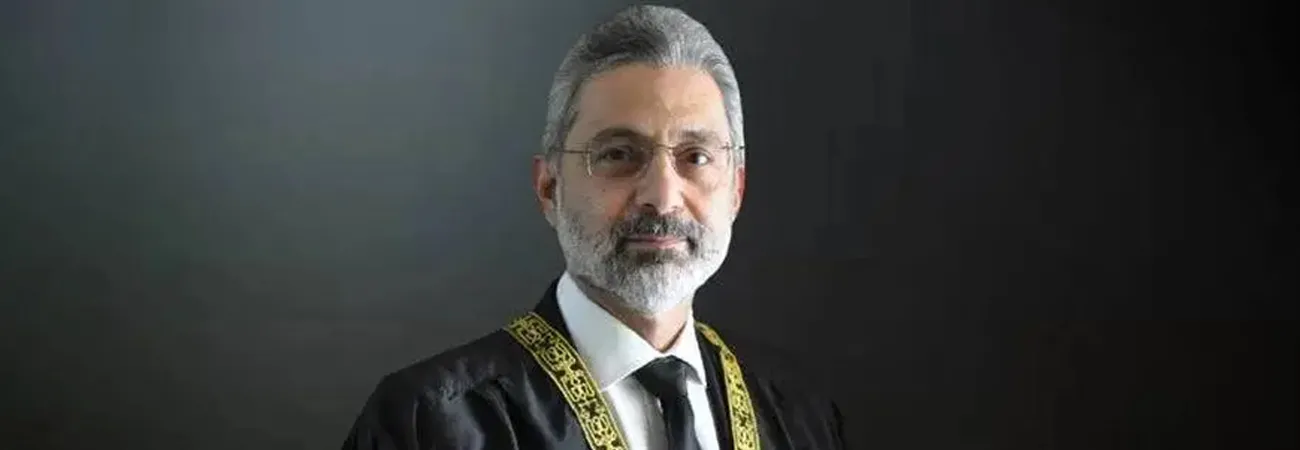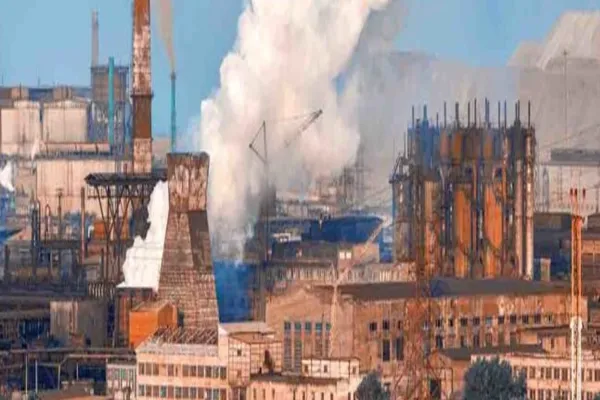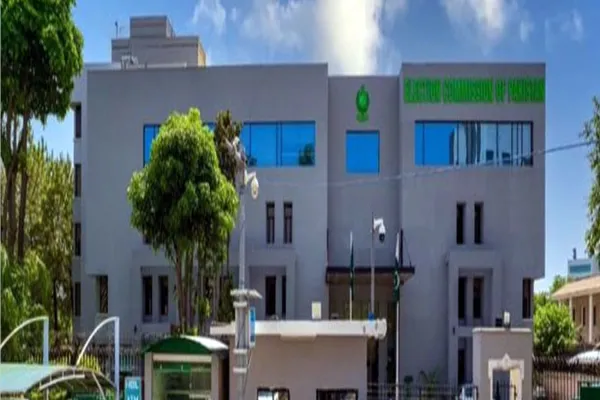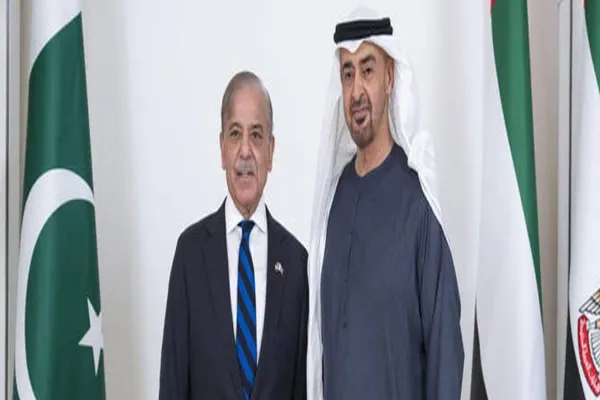i NEWS PAKISTAN
A full court headed by Chief Justice of Pakistan (CJP) Qazi Faez Isa has resumed hearing a set of petitions challenging the Supreme Court (Practice and Procedure) Act 2023. The proceedings are being streamed live on television. The Act requires the formation of benches on constitutional matters of public importance by a committee of three senior judges of the court. In a pre-emptive move, the Supreme Court — then led by former CJP Umar Ata Bandial — in April had barred the government from implementing the bill seeking to curtail the
chief justice of Pakistan’s powers once it became a law. On the very first day of assuming charge as the chief justice, CJP Isa had ordered the hearing to be live streamed and had implicitly vacated the April 13 suspension of the enforcement of the Supreme Court (Practice & Procedure) Act, 2023. Last week, the Pakistan Muslim League-Q (PML-Q) had pleaded before the apex court that the Supreme Court (Practice and Procedure) Act 2023 was aimed at promoting the independence of judiciary, the rule of law, and the right to access to justice and fair trial.
The party, represented by its counsel Zahid F. Ebrahim, said SC rules provided that the legislature could determine the practice and procedure of the court in relation to the constitution of benches, in particular. Parliament has the right to enact the subject legislation and has done so strictly in accordance with the law and the Constitution, the response said. Meanwhile, the government had argued that if the Supreme Court (Practice and Procedure) Act 2023 was sustained, verdicts handed down by benches constituted before enactment of the law would be saved as past and closed transactions.
At the outset of Tuesday hearing, CJP Isa said that the law affected the chief justice and the two senior most judges of the apex court. “On one hand, the CJP’s powers, if not being limited, are being reduced. On the other, the same powers are being distributed among senior judges,” he said. Justice Isa said that the law would also apply to future chief justices and senior judges of the apex court. He said that he had felt that he should not be a part of the bench hearing the please but because it affected all judges, it was deemed fit that a full court preside over the case.
Addressing the lawyers gathered, he urged them to talk about points that were relevant to the case. “We want to try to conclude [the case] today,” he said as he highlighted the backlog of cases in the SC. He said that if the lawyers wished to make additional arguments, they could submit a detailed response to the court. Starting his arguments, lawyer Ikram Chaudhry read out the opening paragraph of the Act. He argued that the paragraph indicated that the law was being enacted for a “certain or a specific purpose”.
However, CJP Isa interjected and asked whether the law stated this or the lawyer was implying this. “Let’s not put words in a statute which don’t exist. If that is your impression, then say so,” he remarked. The lawyer then went on to Section 3 of the Act, which states that a committee of judges would constitute a bench to hear matters of public importance. He said that the clause was an “encroachment on the area which falls within the legal framework”.
Regarding the provision of appeal under the Act, the lawyer said that “additions” to Article 183 of the Constitution — which empowers the SC to entertain public interest litigation in its original jurisdiction — could only be made with a two-third majority in Parliament. He further said that Section 8 of the Act had “bulldozed the concept of the independence of the judiciary”.
Credit: Independent News Pakistan (INP)









